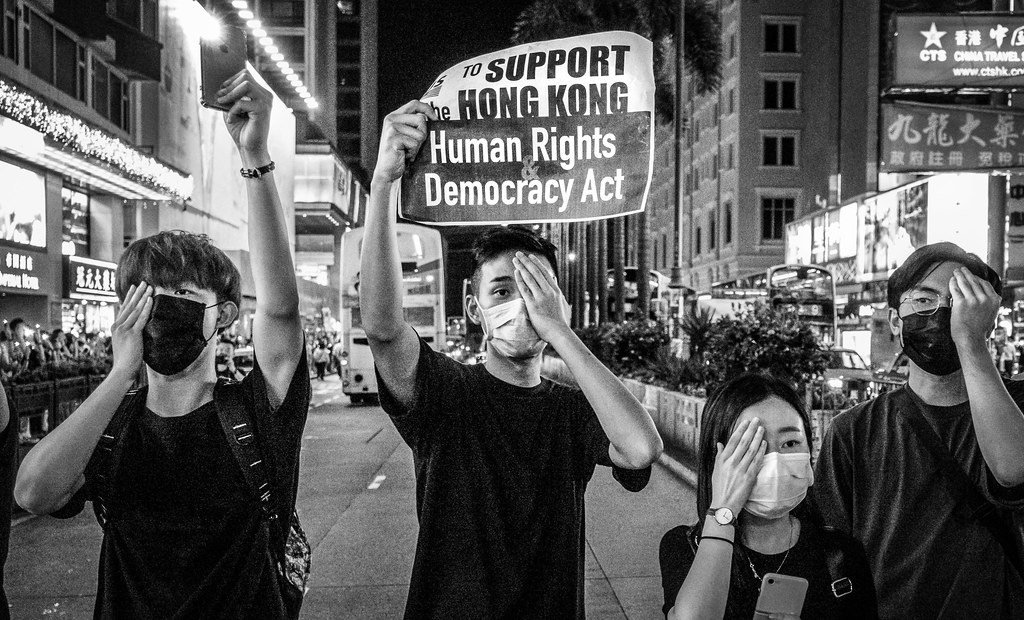Peace for Asia organised a podcast in collaboration with Policy People with Victoria Tin-bor Hui, who is an active voice of dissent and a symbol of resistance for the Hong Kong protests. Click here to listen to the podcast
Hong Kong in the last year has seen the imprisonment of 47 people for subverting state power but this was just dirty politics to divert attention from the legislative council elections which were then eventually cancelled. Victoria also says that every person who was a dissident towards the government and stood for the elections were charged and with that Hong Kong’s room for freedom is further diminished. Many expect that out of these 47 people many will not get bail, however, the world is watching.
Many if not all pro-democracy legislators in Hong Kong had to step down not by choice but by intimidation. China’s relentless need to reform the electoral system of Hong Kong has led to the downfall of industries such as the agricultural sector which is suffering a huge loss. Victoria suggests that the elections in Hong Kong were always free and fair. The opposition cannot seem to have a majority due to mainland China’s grip on Hong Kong. Beijing did not like the pro-democracy protests which started in 2014, they do not like even the idea of Hong Kong having a pro-democracy outlook. The opposition candidates are subjected to widepspread intimidation with Beijing even going so far as to veto the government budget.
Before Beijing opens the reflections in Hong Kong, Victoria implies that there will be no chance for the opposition to bring about reforms. The district councils in Hong Kong have not been able to carry outh their duties due the fact that they are chosen by the people and are pro-democracy. It is almost impossible to hide and go underground in Hong Kong because of mass surveillance that currently takes place in the region.
Victoria predicts that all forms of dissent will be banned. The organisation that organised the Hong Kong protest will be the next target and will eventually be disbanded. Activists such as Joshua Hong have become a symbol of the protest. There is a new alliance forming between student groups in Hong Kong, Thailand and Myanmar called the “milk tea” alliance, symbolic to the fact that all of them are former European Colonies. Even protests in Chile and Barcelona look up to the dissenters in Hong Kong because of their efficiency and organisation. There are various NGOs and groups have moved to other countries to evade imprisonment, but this is putting them out of touch from the realities of the ground. Non-violent protests against authoritarian regimes are usually successful if about 3.5% of the population is mobilized. In Hong Kong, 2 million of the 7 million citizens were out on the streets but were subjected to a total crackdown, these protests offer a grim realisation that sometimes this isn’t the case because of how powerful the oppressor might be. China is a country that the better part of the world relies on and simply a moral high ground will not work.
Victoria also muses on her involvement in the movement and activism which she calls a “path of no return”. The Honk Kong democracy council has lobbied with the US Goverment to bring out legislations to benefit the people of Hong Kong. Hong Kong is not just a territory but it represents an idea.

